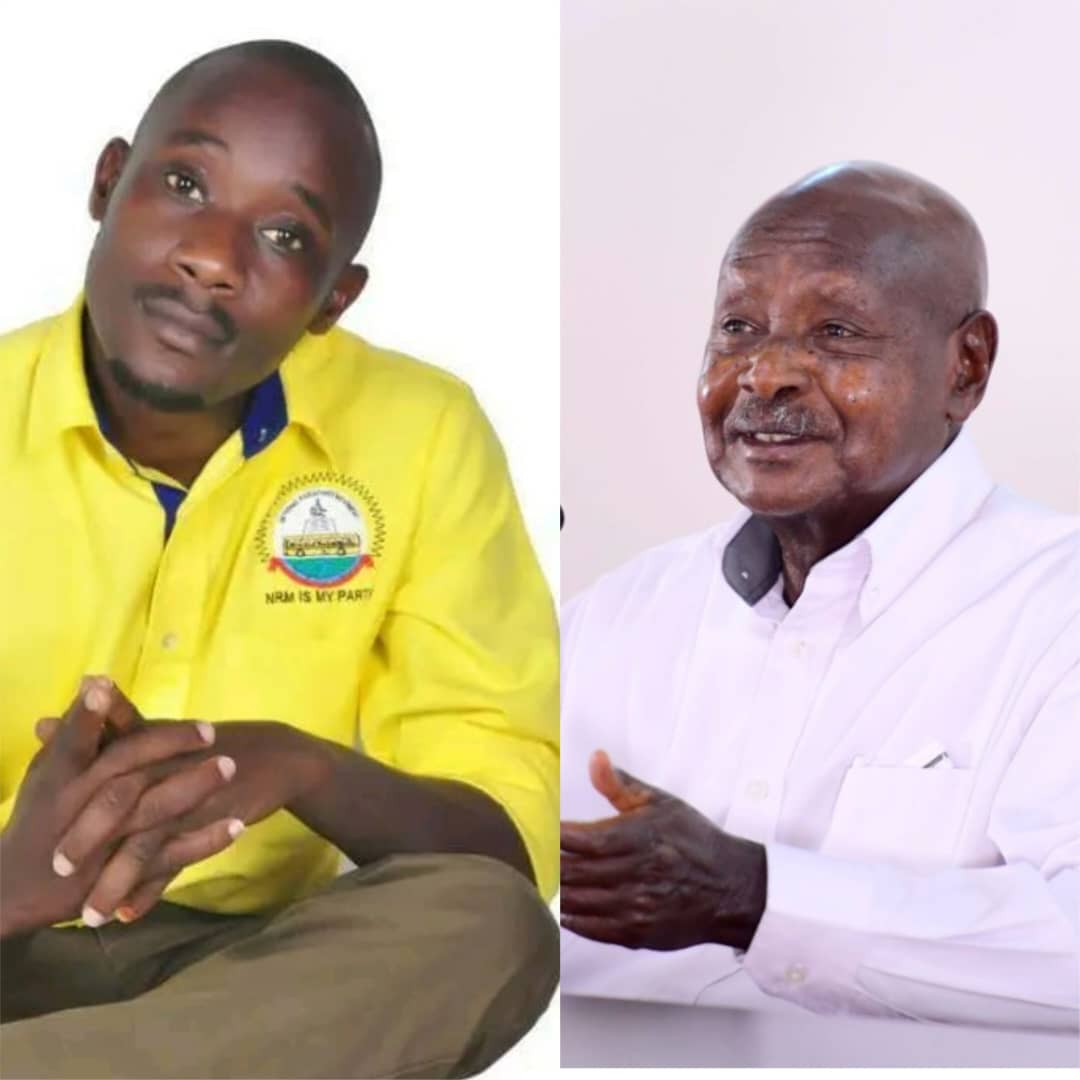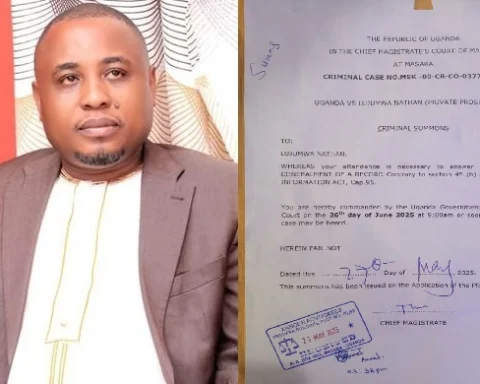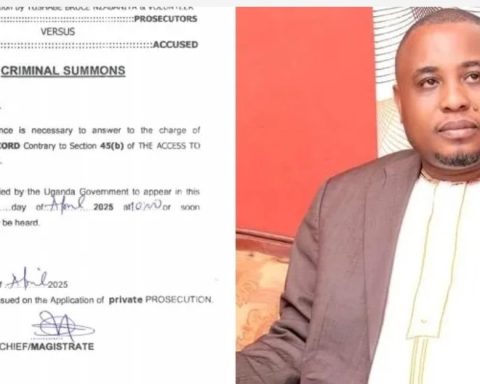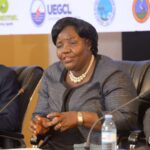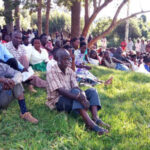Lwengo; A youth leader in Lwengo District has added his voice to growing calls for structural reforms within the ruling National Resistance Movement (NRM), citing internal disorganisation, lack of candidate vetting, and the overlapping of political offices among party leaders as factors undermining the party’s performance and credibility.
Mr Bruce Tushabe Nzabanita, the Youth Chairperson for Lwengo Town Council, told journalists this week that the NRM’s failure to address fundamental issues within its structures could have dire consequences for the party’s cohesion and performance in the 2026 general elections.
He urged the party’s top organ, the Central Executive Committee (CEC), to consider amending the NRM constitution to create a commission specifically mandated to scrutinize the academic and moral qualifications of all aspirants in the party primaries.
“It reflects poorly on the party when a person wins an NRM primary, only to be disqualified by the Electoral Commission for lacking academic qualifications,” Mr Tushabe said. “This is an embarrassment we can avoid if the party puts in place internal checks.”
The youthful leader also condemned the method of lining up behind candidates during NRM primary elections, describing it as disorderly, intimidating, and prone to manipulation.
He advocated for the restoration of secret ballot voting to guarantee fairness and voter independence.
“Line voting is chaotic and discourages voters who fear being singled out. Returning to the ballot system will restore order and reduce tensions at polling centres,” he said.
Tushabe was especially critical of the tendency within the NRM to allow individuals to hold multiple high-profile positions simultaneously, such as Member of Parliament, minister, party chairperson, and member of the CEC. He argued that this concentration of power limits accountability, breeds internal friction, and weakens the party’s connection with the grassroots.
“How can someone serve in Parliament, be a minister, sit on the CEC and also chair a district party structure? These roles demand full attention. That kind of monopoly disconnects leaders from voters and distracts from the national agenda,” he said.
He cited the 2021 general elections as evidence of this disconnect, pointing out that while several NRM parliamentary candidates won in Lwengo, President Museveni performed poorly in the same district.
According to Tushabe, this outcome revealed a growing habit among local leaders to personalise government projects rather than promote the party and its broader achievements.
“Leaders should speak as members of a system, not as individuals. Instead of saying ‘I built this school’, they should say ‘the NRM government did this’, so that people associate service delivery with the party, not personalities,” he noted.
Tushabe further proposed that those occupying leadership roles within NRM structures should be barred from standing for elective political office. He believes this would reduce conflict of interest and ensure that party organs operate with independence and objectivity.
“Let those in the party secretariat focus on party mobilisation and ideology, and let those in elective politics focus on legislation and representation. Blurring the two roles has cost us votes,” he added.
He urged the Deputy Secretary General, Ms Rosemary Namayanja, and the Director for Mobilisation, Ms Rosemary Sseninde, to present his proposals directly to President Museveni, who also serves as the party chairman.
“We hope the president takes this advice seriously. If we act now, we can prevent internal wrangles and revive the party’s support base, especially among the youth,” he concluded.
Mr Tushabe’s comments come at a time when the NRM is facing increasing scrutiny from within its own ranks. Several members, particularly from rural districts, have expressed frustration over limited internal democracy, voter apathy, and the need for a more transparent and inclusive electoral process.
As the countdown to 2026 begins, observers say the party will need to navigate these internal concerns carefully if it is to maintain its dominance on the national political stage.
![]()

